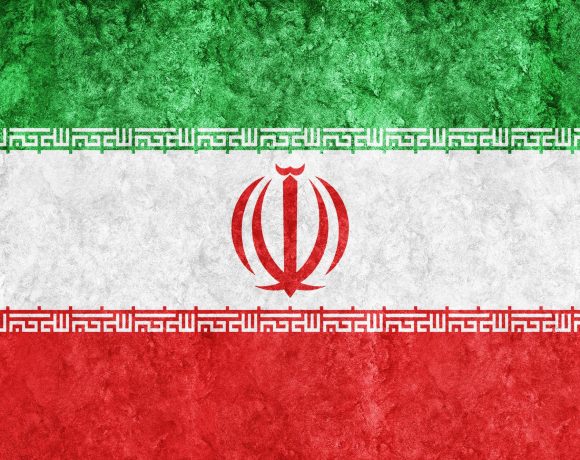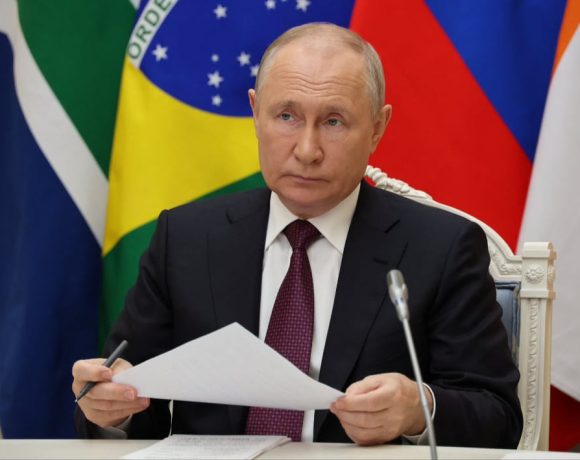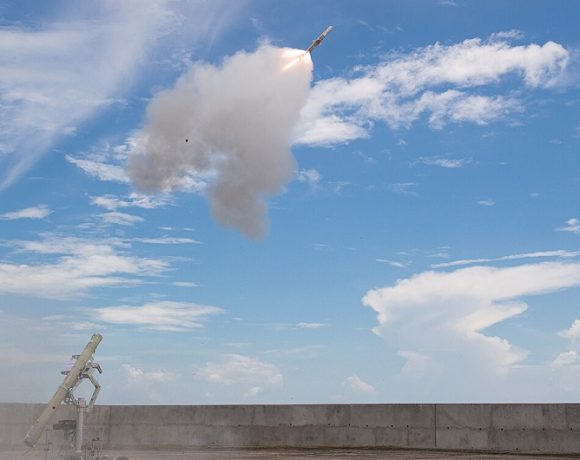
India Holds Emergency Talks As Iran–Israel Conflict Risks $825 B Trade
Amid rising tensions between Iran and Israel, the Indian government has initiated emergency discussions to safeguard its trade and energy interests. With nearly $825 billion in export value at potential risk, New Delhi is scrambling to assess supply-chain vulnerabilities and prepare contingency measures to mitigate any fallout from the conflict.
The crisis has global economic implications, but India’s exposure is particularly significant given its heavy dependence on maritime trade routes and energy imports through the Persian Gulf and the Red Sea corridor.
Trade Risk
Roughly 80% of India’s exports to Europe and North America transit through the Red Sea and Bab el-Mandeb Strait. Any disruption, particularly to the Strait of Hormuz—through which two-thirds of India’s crude and half of its LNG imports flow—could severely affect delivery schedules, raise freight costs, and inflate insurance premiums.
Shipping disruptions have already been worsened by missile strikes in the Red Sea region, pushing air and sea cargo rates higher. Export-heavy sectors like pharmaceuticals, engineering goods, textiles, and tea are among the most exposed, with many exporters voicing concern over mounting costs and delayed shipments.
Energy Shock
India’s energy security remains highly vulnerable. A blockage or military flare-up in the Strait of Hormuz could result in oil supply shocks, spiking crude prices globally and leading to cascading inflation domestically. Analysts estimate that up to 20% of global oil trade could be impacted by escalations in the region.
Higher oil prices would put pressure on the rupee, widen the current account deficit, and potentially force the government to reassess fuel subsidies and budgetary allocations. Policymakers are considering options like strategic crude stockpiling, diversifying suppliers, and coordinating with international partners for emergency procurement.
Stakeholder Consultations
Commerce Secretary Sunil Barthwal has led high-level meetings with exporters, logistics firms, shipping lines, and industry chambers to prepare a real-time response plan. Officials are evaluating rerouting strategies, boosting domestic warehousing, and expanding port connectivity to reduce reliance on volatile zones.
Exporters have flagged immediate issues including rising container charges, vessel delays, and loss of demand from the Middle East. In response, ministries are coordinating across foreign affairs, commerce, finance, and petroleum departments to enable rapid deployment of fiscal and logistical safeguards.
Strategic Contingency
India has also temporarily halted certain exports—such as tea shipments to Iran—to avoid financial exposure and maintain trade neutrality in the evolving diplomatic climate. Policy circles are closely watching oil futures, port activities in UAE and Oman, and strategic shipping insurance trends.
The Centre is also reviewing its long-term trade architecture, including diversification of export destinations and increased use of overland connectivity through Central Asia and Russia, as backup corridors to bypass chokepoints like Hormuz and Suez.


















